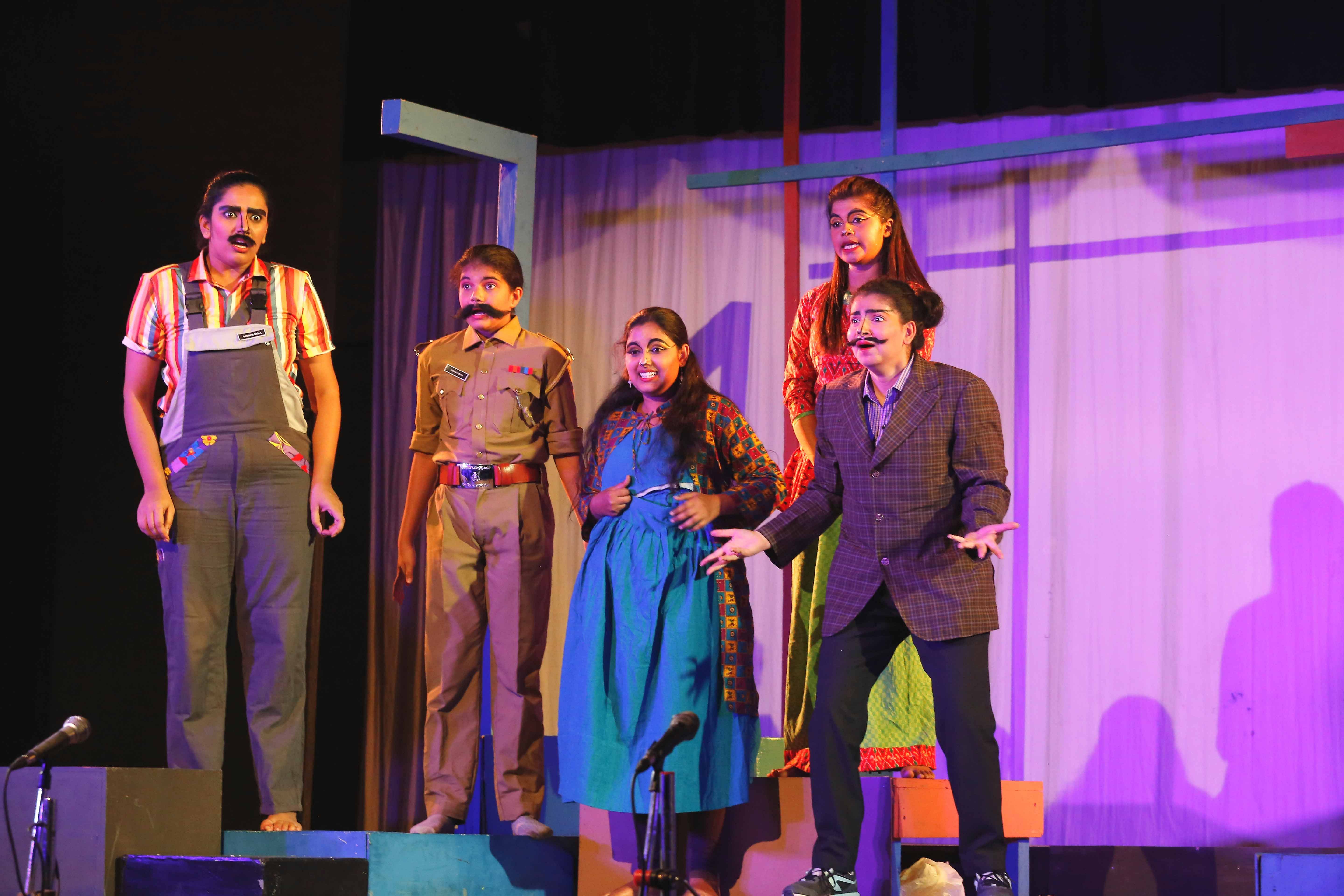
An all-women cast presented the Kannada play ‘Kododilla Bidodilla’ as a finale to an evening that saw academics and artistes emphasise the need for a new approach in theatre and art.
The Women’s Day celebration on Monday was organised by director Suresh Anagalli and writer Dr Vijaya, and jointly hosted by theatre groups Aneka and Rangayana at the Nayana auditorium in Bengaluru.
Sharanya Ramprakash, director and actor, spoke about how women are routinely pushed into silence.
“Two years ago, Ranga Shankara decided to celebrate censored plays. I looked for women playwrights who were banned and surprisingly didn’t find any. Does that mean there was no woman who was banned?” she said.
That’s when the idea of writing the play ‘I am Not Here’ occurred to Sharanya, whose award-winning play ‘Akshayambara’ had already questioned gender prejudice in theatre.
“We realised women found it difficult to even write, so banning was not in the equation at all. Female infanticide, lack of education, and child marriage crush their dreams. So in the play, we built a boxing ring for two women. The fight isn’t between them but it is indicative of a larger metaphor. They perform eight rounds on ‘how to sensor women’s writing’,” she stressed.
Rumi Harish, well-known Hindustani vocalist, transgender activist and playwright, said theatre helps marginailsied communities find a language to express themselves. “The media, in fact, has made it a must that we tell stories. Many times, we have just mixed one another’s stories and told it to them as our own,” he said, with a chuckle.
Rumi's play ‘Musical Chairs’ says privileged people shouldn’t get to decide what place the sexual minorities are given in society.
Lekha Naidu, theatre practitioner and actor, was against the idea of giving ‘one voice for all women’. “It would be a great loss to our art if we did that. Instead, let’s amplify each voice,” she said.
As creative director of Avala Hejje, a social enterprise with the objective of increasing the participation of women in all fields, Lekha often wonders why women in their 30s and 40s didn’t have any stories to tell.
“In one of the events at Avala Hejje, we asked women to draw pictures to describe the evolution of a ‘Kannadathi’. A majority of the paintings had women sitting alone and looking through a window. Women have forgotten how to see themselves and become used to a lonely way of living,” she said.
Usha Bhandary, Sandhya Rani, Ananya Kasaravalli, Dr Shylaja S, Champa Shetty, and Mangala N were among the many other prominent theatre personalities present at the event.